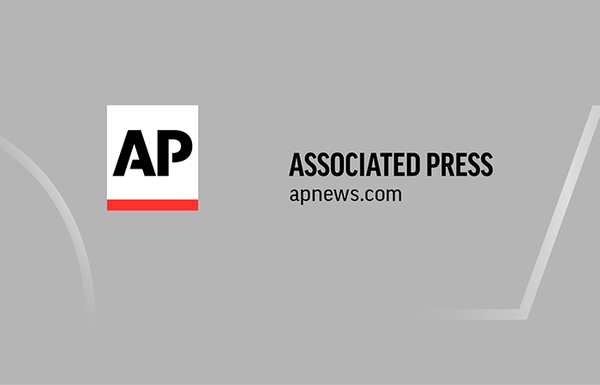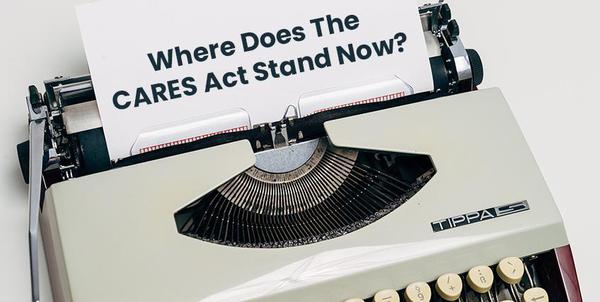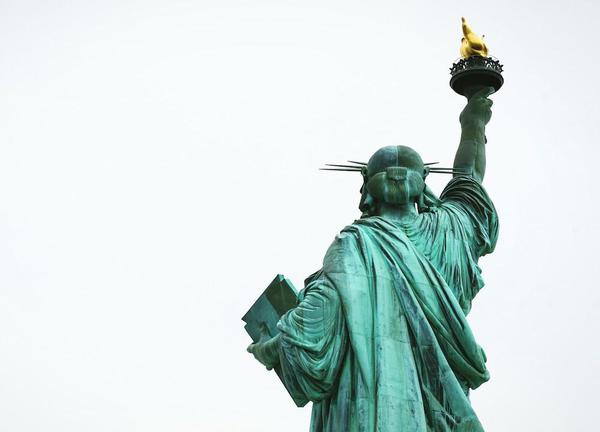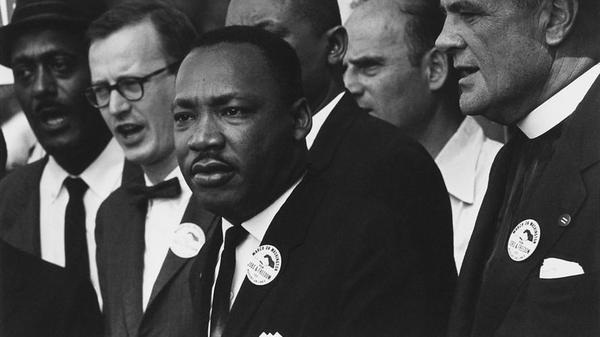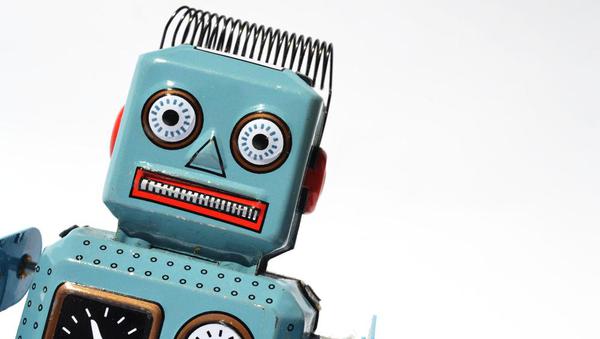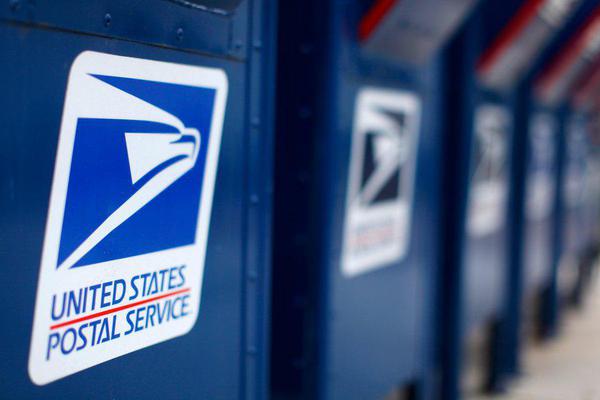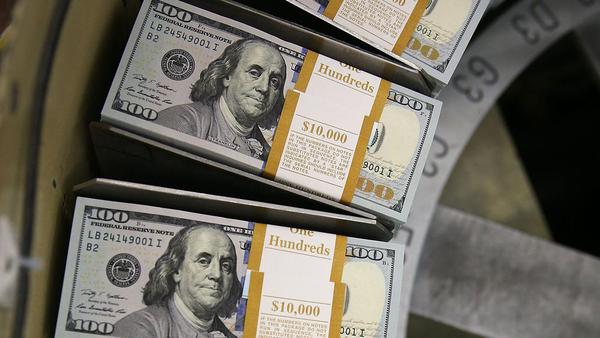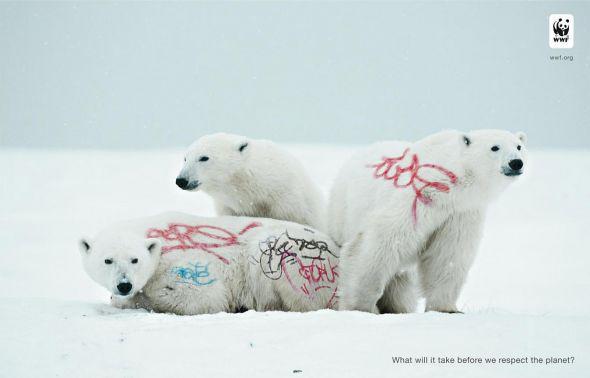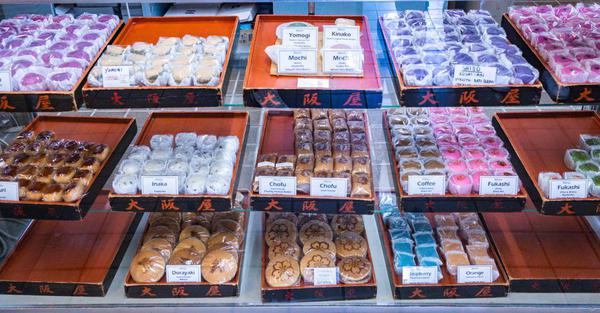
Making Mochi, Generation After Generation
When the owners of Benkyodo, the mochi and manju store that stood for 115 years in the heart of San Francisco’s Japantown, announced in May 2021 that they intended to close the shop and retire, newspapers and community members decried the upcoming closure as a cornerstone of the Japanese American community lost.
“It was truly where folks could catch up on the latest news of the community, see old friends, and enjoy a cup of coffee at the burnt orange counter,” says Eryn Kimura, an old family fr
